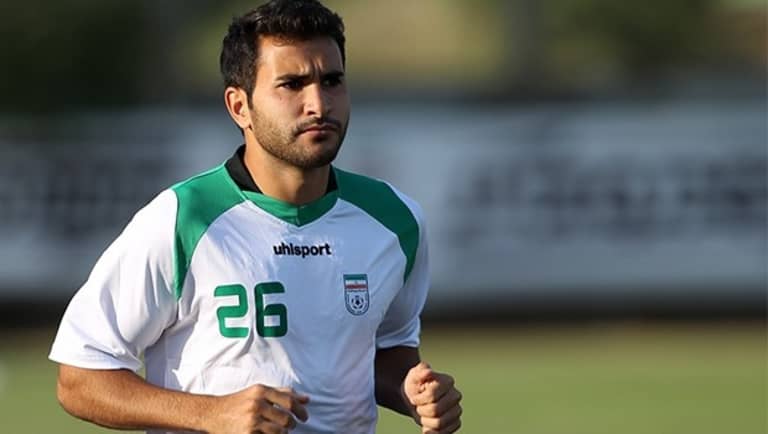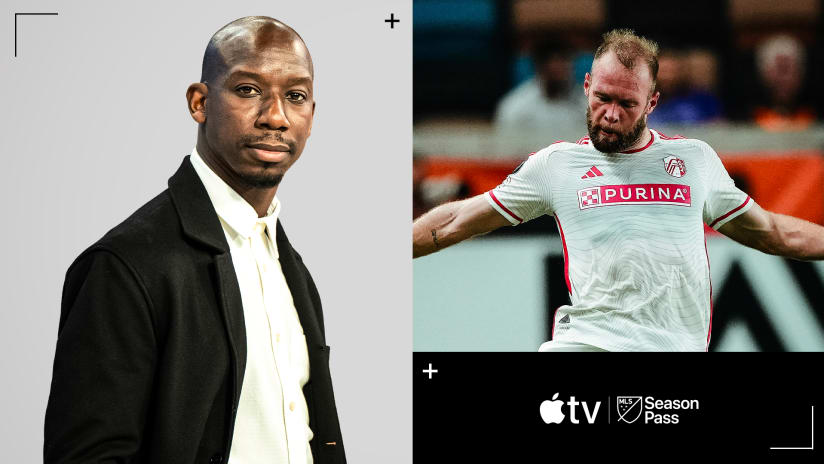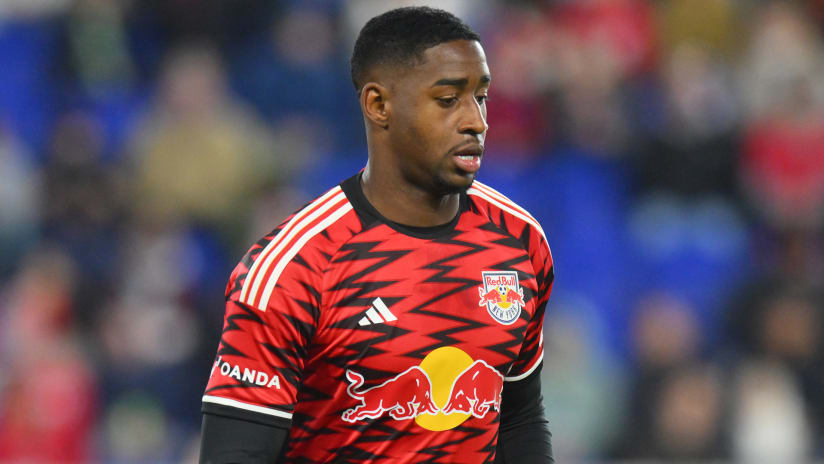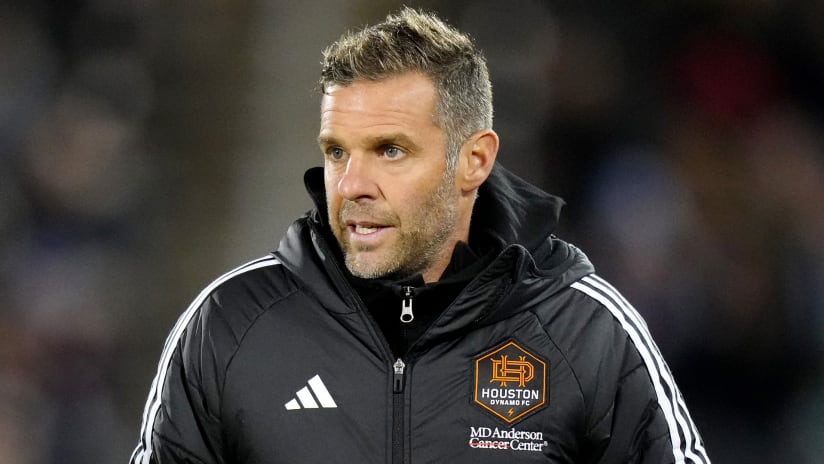Let’s be honest: When it comes to soccer, we’ve got a serious inferiority complex here in the United States and Canada.
We know we’re not on top of the global mountain in the Beautiful Game, as we are (still, for now) in basketball, hockey and baseball.
So when the phrase “dual national” is batted around, it’s a hot-button issue that inevitably makes American fans bring up Giuseppe Rossi, followed by a conversation devolving into a debate on German-Americans on the US national team. For Canadians, it’s usually a bitter diatribe centered on players like Owen Hargreaves, Junior Hoilett and Jonathan de Guzman.
But the central theme is this: Players will do anything they can to play at the highest level. What would you do if the team you wanted to play for stopped calling? Or never called at all? If one door closes and another one opens, wouldn’t you explore all your options to keep your dream alive?
In the US, we’ve been mostly importers. Our use of naturalized players dates all the way back to the first World Cup in 1930, when nearly half the US team that finished third in Uruguay was of British birth. And it’s continued every cycle.
The hero of the 1950 World Cup, Joe Gaetjens, was Haitian by birth and never even became a US citizen. The 1994 and ’98 teams in particular were known for the dual national influence of Thomas Dooley, Earnie Stewart, Roy Wegerle and David Regis, among others.
When Jurgen Klinsmann names his preliminary World Cup squad on Monday, it’ll have as many as eight players who were either born or raised abroad.
But things are starting to change as the US evolves into a footballing nation. Former USMNT defender Eddie Pope made this point to me last month as I was researching my feature on Regis: that some day soon, the US would become an exporter of talent. That we will transform into the type of place where other countries starving for talent are searching for potential dual nationals.

It’s already happening, perhaps at a rate more accelerated than we imagined. On Monday,
Steven Beitashour
(at right) was
named to Iran’s World Cup roster
. In less than two years, he will have gone from dressing for a USMNT game to making the World Cup – for another national team.
Had it not been for his unfortunate season-ending injury, Bright Dike could’ve been another US-born and bred player in the same boat, as the Oklahoma City native was on the bubble of Stephen Keshi’s Nigeria team before tearing his Achilles' in February.
Both are red-blooded Americans who were eligible for those respective national teams thanks to their parents’ backgrounds. In Beitashour’s case, interest from the US had dried up, and a timely call from the Iranian federation gave him another avenue to chase his dreams. Dike had never received a sniff from the US, but Nigeria showed interest on the tail end of 2012 and capped him twice.
Others have emerged in recent years as well: Arturo Alvarez, Soony Saad and A.J. DeLaGarza all have history in the US national team set-up, either at the youth or senior level. And all three have gone elsewhere to continue their international careers (with El Salvador, Lebanon and Guam, respectively). And still more are following.
None of this is as headline-grabbing as US Soccer securing the services of Dooley, Stewart or Regis for an influx of talent leading into a World Cup, but it’s a sign that the pendulum is starting to swing the other way.
Of course, we can’t ignore the Rossi case, which is still raw for some. When the New Jersey native declared his allegiance for Italy, it was a bitter pill to swallow for most US fans. But the strike sensation had always dreamed of suiting up for the Azzurri, the national side of his Italian parents, and had done so at the youth level since he was 16. It’s not clear he was ever an option for the US.
And if you’re Canadian, name-dropping any of the players mentioned earlier is just bad juju.
All that still smarts a bit. Although it’s some small encouragement that Klinsmann has been able to siphon away Aron Johannsson and Julian Green, young players not yet in their prime who were firmly in the plans of European federations. (The same goes for Toronto-born Rangers FC sensation Fraser Aird, who looks like he’ll declare for Canada after playing his youth soccer for Scotland.)
But the widening trend of exporting talent says something else, according to Pope, who is now the director of player relations for the MLS Players Union.
“It means we have players other teams want,” he said. “Ireland were calling about [Colorado Rapids defender] Shane O’Neill. That says something. And we’re getting more calls [from foreign federations] all the time.”
Jonah Freedman is the managing editor of MLSsoccer.com.













